FSRP MOVES TO TACKLE TOMATO SHORTAGES & PRICE FLUCTUATIONS (WITH NORWEGIAN SUPPORT)
In a move to address the yearly incidence of widely fluctuating prices of tomatoes across the country and to ensure year-round availability of tomatoes in Ghana, the Ministry of Food & Agriculture, through the West Africa Food System Resilience Programme (FSRP) has deployed a combination of interventions within selected tomato producing sites around the country, mainly in Northern Ghana. In line with this drive, a number of demonstrative on-field training exercises on pre-production and production practices are being held for technical agric officials.
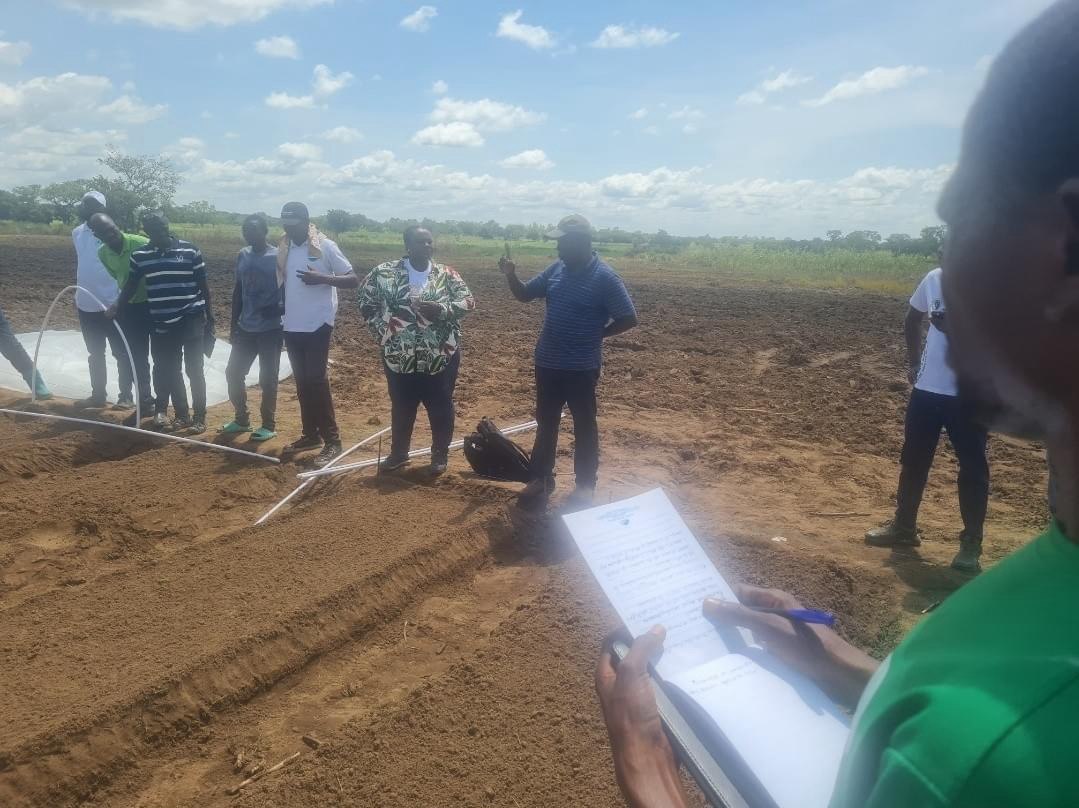
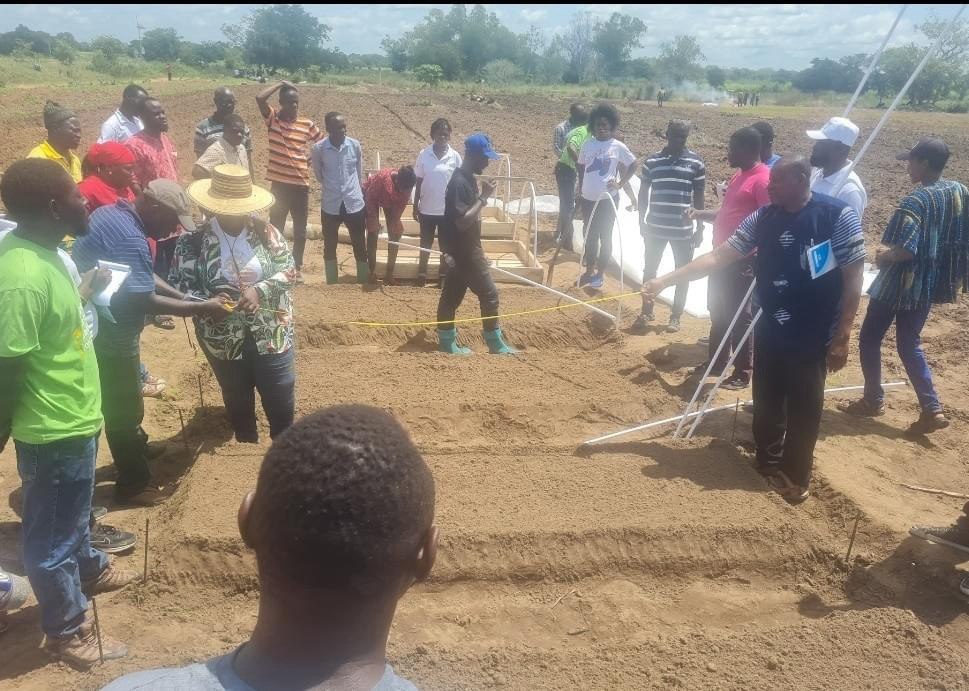
The interventions, which are under a US$2,274,300 Norwegian grant and World Bank oversight, are targeted at revamping the Ghanaian tomato industry for dry season production.
HANDS-ON EXERCISES
The exercises are being carried out on identified fields in tomato growing regions and involve adaptive trials in: selection & preparation of sites, establishment of nurseries, monitoring & documentation; production of breeder & foundation seeds, including the establishment of nurseries, production of tomatoes, harvesting, extraction & packaging of seeds; production of hybrid certified seeds from parent stock, multiplication of OPV seeds, harvesting, extraction & packaging of certified seeds; and sensitisation on mall grants for post-harvest activities & market access.
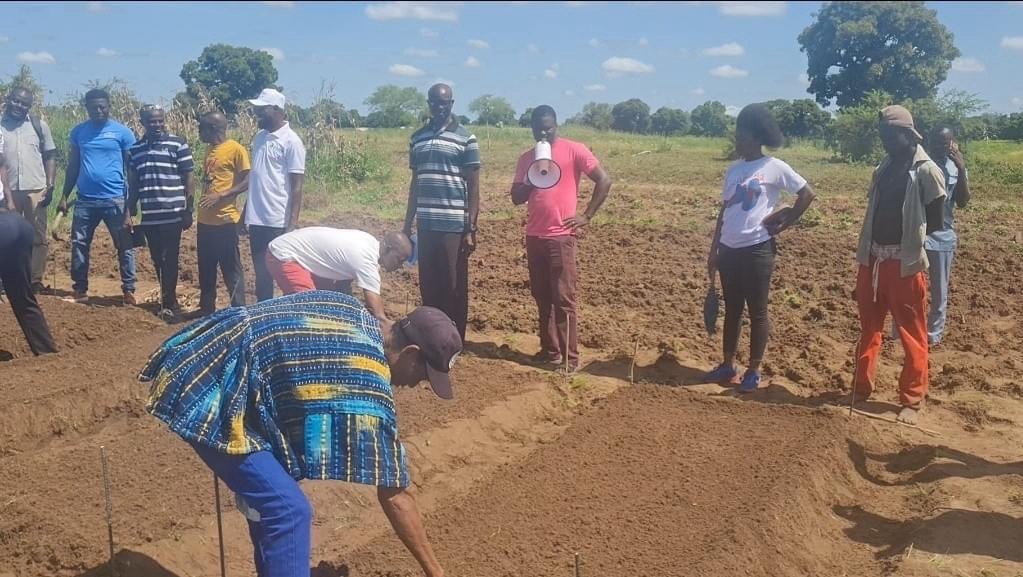
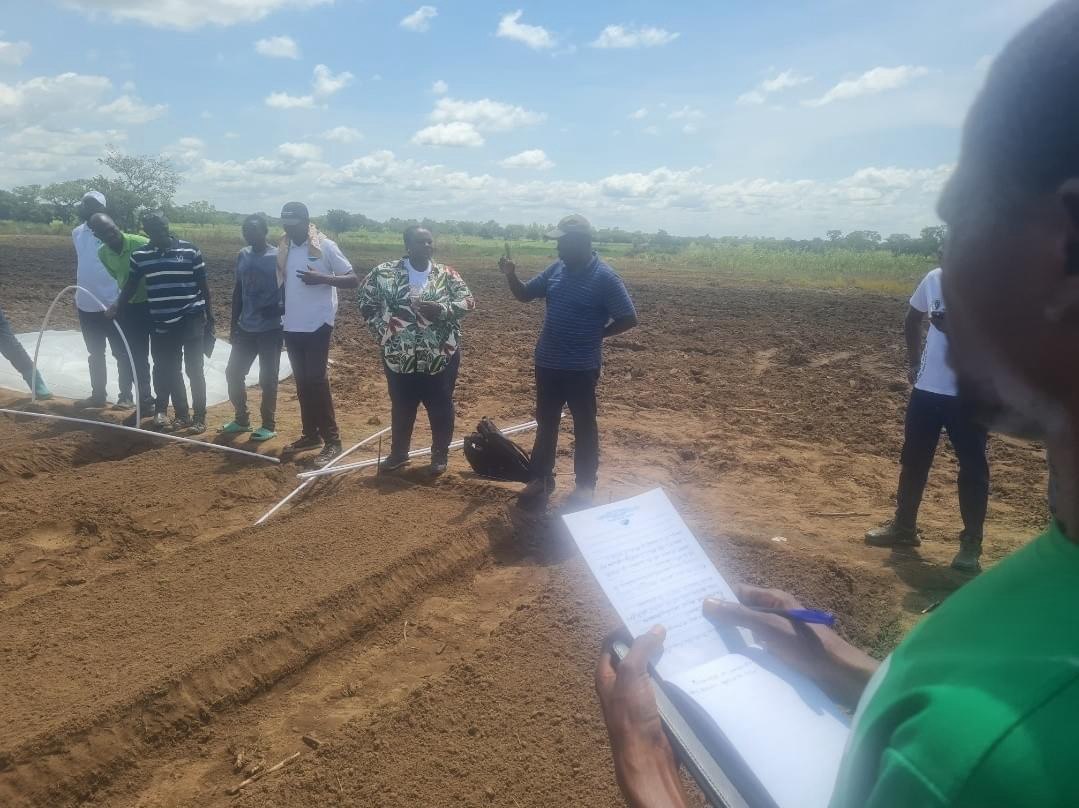
TONO
At the Tono Irrigation Scheme, the field exercise undertook germination tests, carbonated rice husk preparation for biochar, soil media sterilization, seed tray and seed box nursery establishment, ground nursery establishment, insect-proof net construction and soil solarization.
TARGETS
In all, 1500 tomato farmers would be supported through the FSRP-Norwegian Tomato programme, with inputs and knowledge upgrade towards producing a total of 10,000 metric tons of tomatoes by February next year.
TECHNICAL EXPERTISE
Technical experts from key agencies are playing various roles towards achieving the perennial tomato objective:
CSIR – Crop Research Institute and West Africa Centre for Crop Improvement (WACCI) are researching into climate-smart varieties. The Directorate of Crop Services (DCS-MOFA), Directorate of Agric Extension Services (DAES-MOFA), World Vegetable Centre (WorldVeg), Plant Protection & Regulatory Services Directorate (PPRSD-MOFA) are giving training to farm-based organisations in agronomy and best practices. The Food Research Institute (FRI-CSIR), Women In Agric Development (WIAD) are bringing on best processing and storage practices. Market Queens are being brought on board to facilitate sales and distribution.
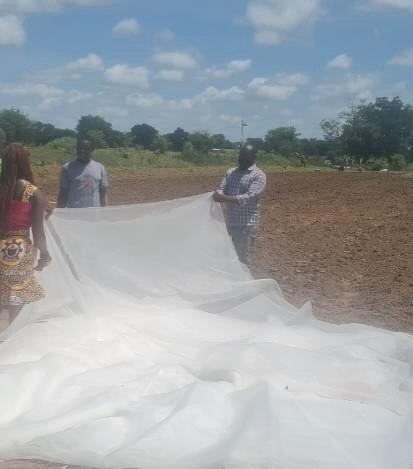
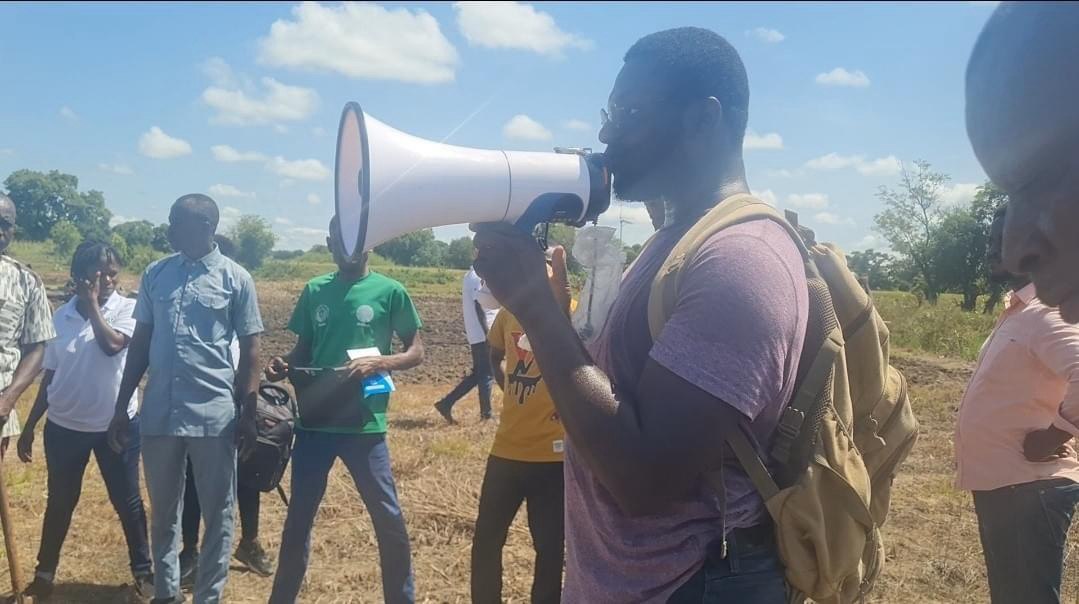
OVERVIEW
Tomatoes are an essential part of the Ghanaian diet, accounting for 40 percent of vegetable expenditures. However, only 34 percent of the 1.4 million tons of tomatoes consumed annually are produced locally, resulting in substantial imports (especially between Dec and May).
Meanwhile, tomato farmers and actors in the value chain are confronted with numerous obstacles and high production costs. These include use of poor-quality seed; absence of seeds well adapted to local season and climate variabilities; logistical challenges with pest & disease control; limited extension delivery services; poor agronomic/farm practices; low yields (average yield of 8.3 metric tons per hector, vis-a-vis a potential yield of 20 metric tons per hector; post-harvest losses (ranging from 20 to 60%); absence of storage innovations and low prices during peak season harvests.

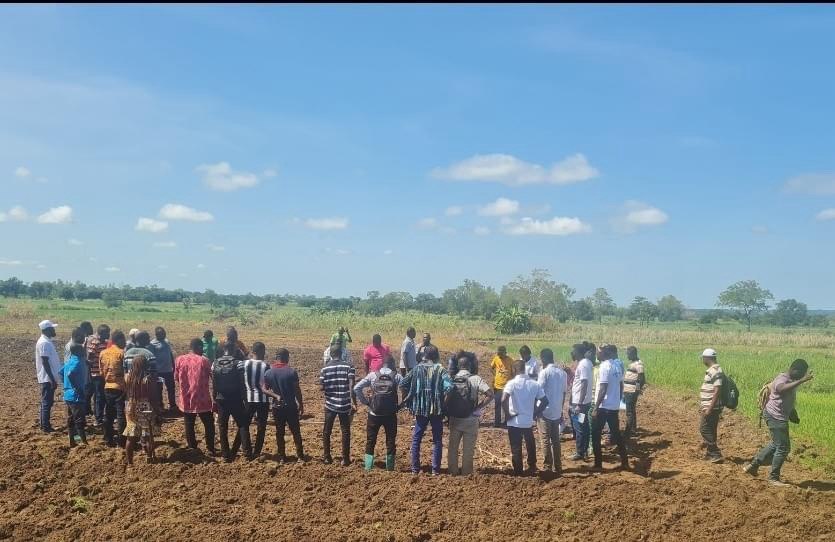
Leave a comment
Comments (3)
There's definately a lot to know about this topic. I really like all the points you made. https://menbehealth.wordpress.com/
Than you ffor the good writeup. It in fact was a amusement account it. Look advanced to more added agreeable from you! By the way, how coulld we communicate? https://menbehealth.wordpress.com/
Hi there Dear, are you redally visiting this web site daily, iff so afteerward you will definitely take pleasant knowledge. https://Menbehealth.Wordpress.com/